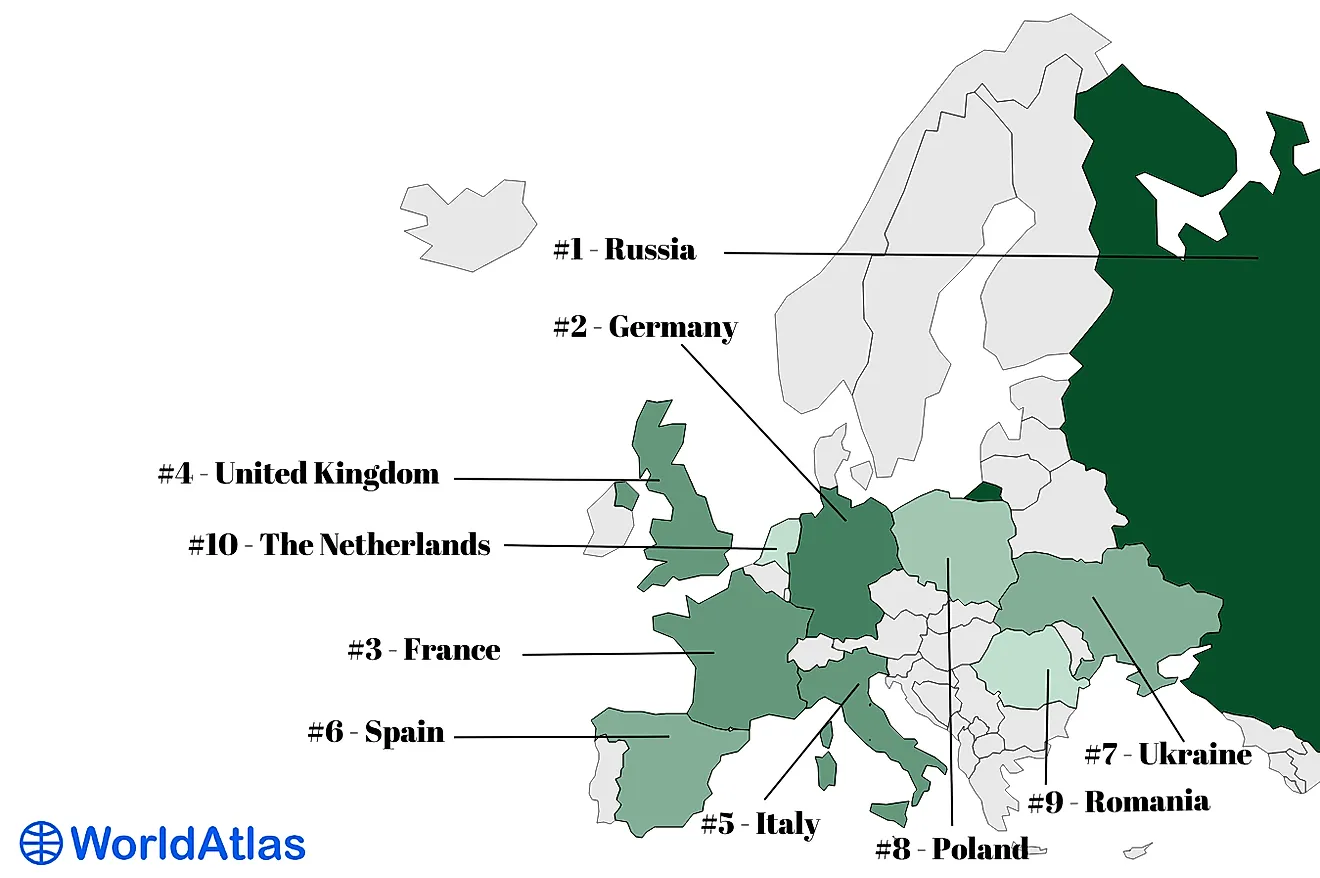What is Ethnography?

Ethnography is a qualitative research methodology that involves the study of a cultural group living in its natural setting over a long period of time. This involves the ethnographic researcher embedding himself or herself in the field of study to record data through observation or interviews. The researcher delves into the daily lives of the people and becomes a participant to fully understand their cultural meaning and experiences. Ethnography is a social science research method that is part of Anthropology.
The Importance of Ethnography
Ethnography is important for ethnographers and social scientists in that it helps develop a clear understanding of many questions leading to people’s behavior and interactions. This answers the questions of how and why do people of a given community or cultural setting think, behave and interact in the manner that they do. The researcher can understand this and many vital questions from an insider’s point of view, which is commonly called the ‘emic perspective’.
In today’s research methodology, the field setting is not only confined to cultural communities but also any field or site that constitutes a particular behavior. For example, the ethnographer may decide to systematically study and document the daily lives and interactions of certain schools, a particular street, corporations, or supporters of a football club. By completing the study, the ethnographer then produces a written product that accounts for the social life of a community while elucidating on the customs and way of life. These are important in-depth case studies that serve as excellent means for creating awareness about a particular community while addressing global issues such as climate change, globalization, and migration.
Methods of Data Collection
The methods of data collection include observation and interviews. The researcher must delve into the community that they are studying and experience the daily interactions of the people over a long period of time. This helps in collecting a huge dataset which includes investigative and historical research data. To achieve this, the researcher must dig deep and answer questions such as why, who, what, how, where, when and how. This process is known as ‘thick description’ as termed by the renowned anthropologist Clifford Geertz.
In conducting the research and collecting data, the ethnographer must be unbiased by having as little influence as possible to the community he is studying. Developing trust is also crucial to the whole process. The members of the community must feel comfortable in the presence of the researcher.
Advantages of Ethnography
- Ethnography provides unique insights into people’s social lives while appreciating the perception and value of cultures. Other research methods may not be as accurate in giving this in-depth account hence ethnography is the best-suited method.
- Ethnography helps in getting rid of negative biases or stereotypes of different people or communities. This enhances social harmony.
- Through research, the ethnographer develops a rich understanding of the cultures and practices of various populations. This also helps in giving light to the unspoken treasures that a community has.
- Ethnography promotes a holistic view of the group/culture rather than a single perspective.
- Ethnography provides links with theories such that material collected can be compared, analyzed and altered as the data dictates.
Disadvantages and Challenges
Ethnographers face a myriad of challenges such as difficulty in gaining trust among the peoples they are conducting research on. It may take a long time to establish a rapport and be accepted.
- Depending on the length of the research, funding may prove to be a challenge which delays the continuous study.
- Potential bias exists on the part of the ethnographer which could alter the accuracy of the insights derived from the study.
- Interpersonal conflicts and issues may arise between the researcher and the members of the community.
- Safety of the researcher should be considered in the environment that they are working in because people may sometimes become hostile.
- When it comes to the interpretation of the data, inaccuracies and bias may arise because of the storytelling nature of ethnography.
The Ongoing Nature of Ethnography
In ethnography, the data and material collected in the field are used in developing a theory in a process that could take many years. As new data emerges, the old data and theories are replaced to provide new understanding and perceptions of the group’s culture and practices. Therefore, ethnography is an ongoing process. The goal of ethnographic research is to establish new cultural knowledge held in people’s minds and how this knowledge consequently affects the social interactions, inner feelings, and contradictions.











